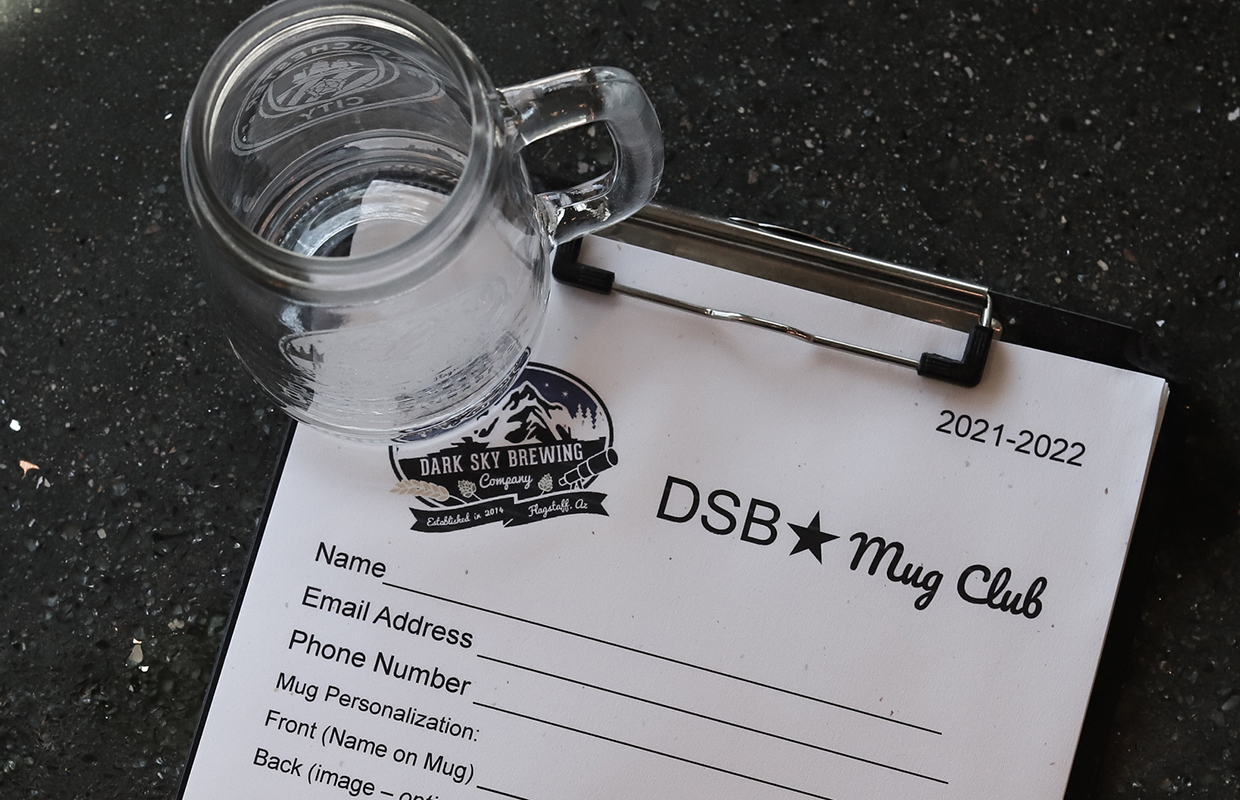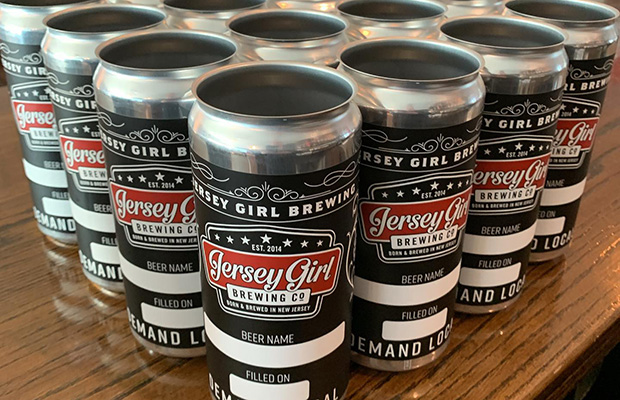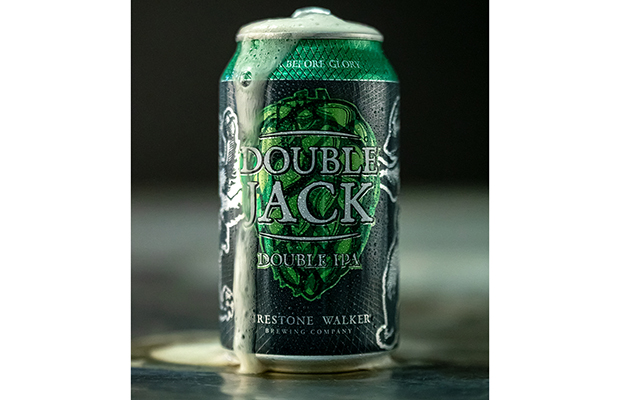
Think back to your days as a homebrewer. You could use anything to help make different flavors in beers: the world was your oyster. But, as you moved into professional brewing, you realized that sometimes homebrew recipes can’t translate into even a small-batch system. Similarly, some small-batch creations you may have served on your first system seem to get left behind when a new brew system is installed. But what is the ceiling for an adjunct when it comes to larger runs of a beer?
Things like vanilla and coconut are mainly used in Dark Sky Brewing’s small batches rather than larger batches, explained co-owner and Head Brewer, Ryan Sandlin. Oakshire sees continued success with its fruited sours — mainly the Sun Made and Fruit Fusion series — as well as Overcast and Overcast Cafe stout series.
“The other ones become cost prohibitive to send to distribution,” said COO Dan Russo. “But they will often find a ton of success at independant craft focus retailer and bottle shops, where they have the ability to talk with the consumers and explain the beers and make a sale.”
READ MORE: This Common Problem Using Some Adjuncts & An Easy Solution
The most common adjunct Indeed Brewing uses in the brewery is honey, explained the company’s Director of Beer, Dayton Coffey. Mexican Honey Imperial and Mexican Honey Light are both year-round beers for the Minneapolis brewery while a popular seasonal, L.S.D. (Lavender, Sunflower honey, and Dates) also uses honey in the prcess.
“We have always used honey late in the brewing process,” Coffey explained. “We want it to dissolve nicely but not get ‘cooked’ so it keeps its fresh aroma.”
For the larger volume products Indeed does use some natural flavors and honey, but apart from that Coffeey said they don’t use many adjuncts.
“This is partly because of the cost but also because they can be more complicated to use and often slow down production,” they said. “The Milwaukee brewery is producing beer almost exclusively for our two taprooms so they have some more freedom when it comes to the cost of the beer. Because of this they do use fruit and other adjuncts more often.”
Mother Road’s Peter Kruger said that the Arizona brewery always want to make sure adjuncts are serving a tangible purpose.
“We have worked to clean up some of our recipes, with a major focus on removing certain adjuncts, including flaked corn, flaked rice and dextrose,” Kruger said. “With these removed, the beers are presenting as cleaner and brighter.”
Now, the brew team at Mother Road are definitely willing to throw more high-cost adjuncts in for beers served only in the taproom since the margin structure is healthier.
“However,” Kruger said, “we strive to produce beers of distinction and as such will use higher cost adjuncts, fruit puree in particular, when we feel it is necessary to achieve the flavors we’re striving for.”





Be the first to comment